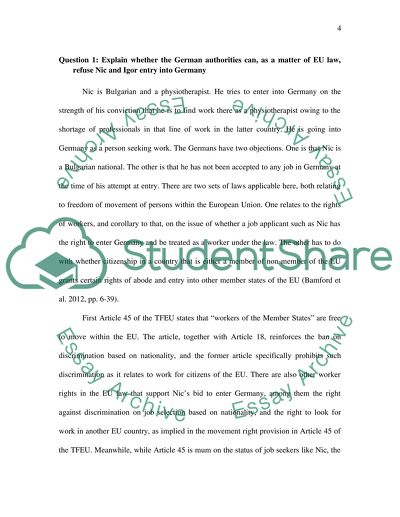Cite this document
(“Free Movement of Person Essay Example | Topics and Well Written Essays - 2000 words”, n.d.)
Free Movement of Person Essay Example | Topics and Well Written Essays - 2000 words. Retrieved from https://studentshare.org/law/1456593-problem-question-free-movement-of-person
Free Movement of Person Essay Example | Topics and Well Written Essays - 2000 words. Retrieved from https://studentshare.org/law/1456593-problem-question-free-movement-of-person
(Free Movement of Person Essay Example | Topics and Well Written Essays - 2000 Words)
Free Movement of Person Essay Example | Topics and Well Written Essays - 2000 Words. https://studentshare.org/law/1456593-problem-question-free-movement-of-person.
Free Movement of Person Essay Example | Topics and Well Written Essays - 2000 Words. https://studentshare.org/law/1456593-problem-question-free-movement-of-person.
“Free Movement of Person Essay Example | Topics and Well Written Essays - 2000 Words”, n.d. https://studentshare.org/law/1456593-problem-question-free-movement-of-person.


